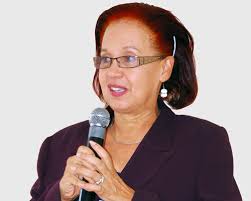The East African Community (EAC) has recorded a major economic milestone — a trade surplus of $0.8 billion in the first quarter of 2025. This means the region exported more goods than it imported, signaling strong economic performance and increased competitiveness of local products.
Key Highlights, including, total exports rose by 47.3% to reach $17.7 billion, up from $12 billion in the same period last year.
Imports rose slightly by 4.6% to $16.8 billion, compared to $16.1 billion previously.
Domestic exports (locally made goods) grew by 48.1%.
Re-exports (goods imported and then exported again) increased by 32.4%, showing growth in value-added processing and trade.
Experts attribute the surge in exports to:
Improved regional trade policies under the EAC framework
Investments in local manufacturing and agriculture
Better transport and trade infrastructure, especially ports and highways
Government incentives promoting export-driven businesses
The region’s most exported items during the period include:
Agricultural products (coffee, tea, maize, fruits)
Minerals and metals (gold, copper, and gemstones)
Manufactured goods (textiles, cement, processed foods)
A senior official from the EAC Secretariat welcomed the report, saying it reflects the region’s progress in building a more self-reliant and globally competitive economy.
“This is a clear sign that our efforts in promoting regional integration, improving infrastructure, and supporting local industries are bearing fruit,” the official said.
Economic analysts also pointed out that the trade surplus strengthens the regional currency stability, encourages investment, and helps reduce dependency on foreign aid.
Despite the positive figures, challenges remain:
Non-tariff barriers still affect the smooth flow of goods between member states
High cost of cross-border logistics
Global market uncertainties and climate-related risks in agriculture
EAC governments are now being urged to invest more in value addition, particularly in agriculture and minerals, to further boost exports.
Trade experts are also calling for harmonized tax policies and faster implementation of the African Continental Free Trade Area (AfCFTA) to open even more markets.
The EAC trade surplus shows that with the right policies, infrastructure, and support for local industries, African regional blocs can compete on a global scale and move closer to economic independence.



